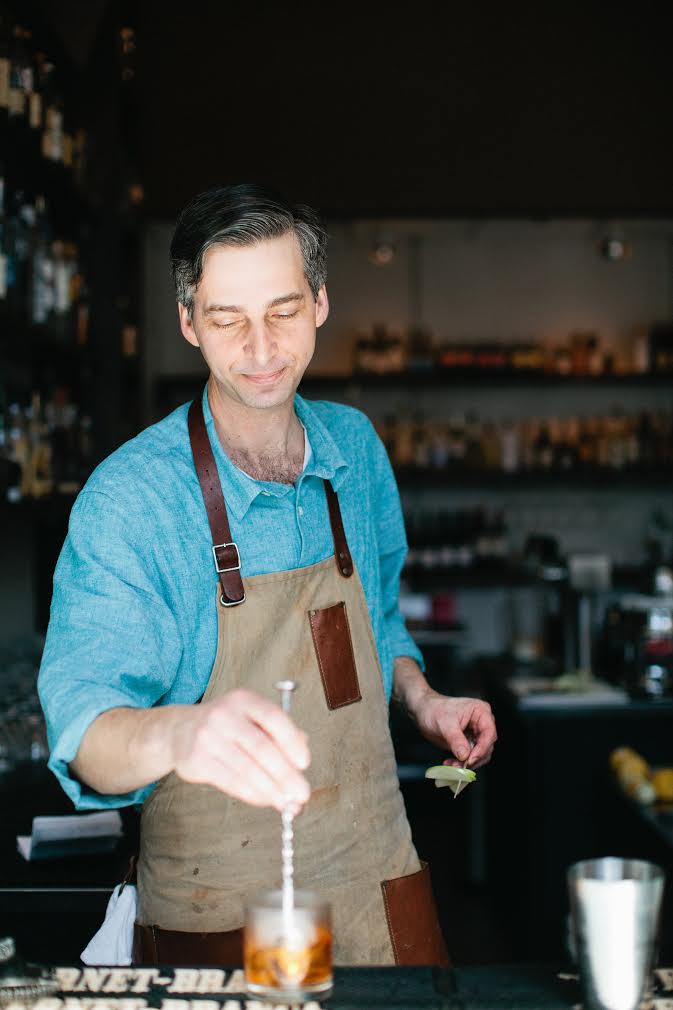Today’s Press Herald includes a behind the scenes look at Josh Doré’s job manning the reservations line at Fore Street.
“Every job is different. Every guest is different,” Doré said. “The way that you speak to one person may not be the way you are able to interact with another person. Some people are very straight and narrow, some people like to have more fun. They’ll joke with you on the phone. You have to be able to read your guest without being able to see your guest, which is a learned talent. Is this a sir or madam conversation, or can I call you Scott?”
an interview with Gillian and Jim Britt who own gBritt, a restaurant public relations firm,
Q:Still, it’s 2016. Why can’t I tweet/Instagram/website and market my restaurant myself?
JB: Our clients tend to be chef-driven restaurants. There is no marketing person in place. They are trying to do payroll, meet the delivery truck out back, fix that ice maker that stopped working…Then in the very back of their mind, they are thinking, “We haven’t posted on Instagram in a week,” or “We haven’t updated our Facebook.” Then there is the storytelling. They might have a great story to tell, but they just don’t have the contacts with professional media or the time.
and an article about two new vegan organizations in town.
Two new groups that have set up shop in the city are aiming to make Portland more vegan-friendly. V for All is working to increase the number of vegan items on restaurant menus, and Plant IQ is spreading the word about the health benefits of plant-based food.
